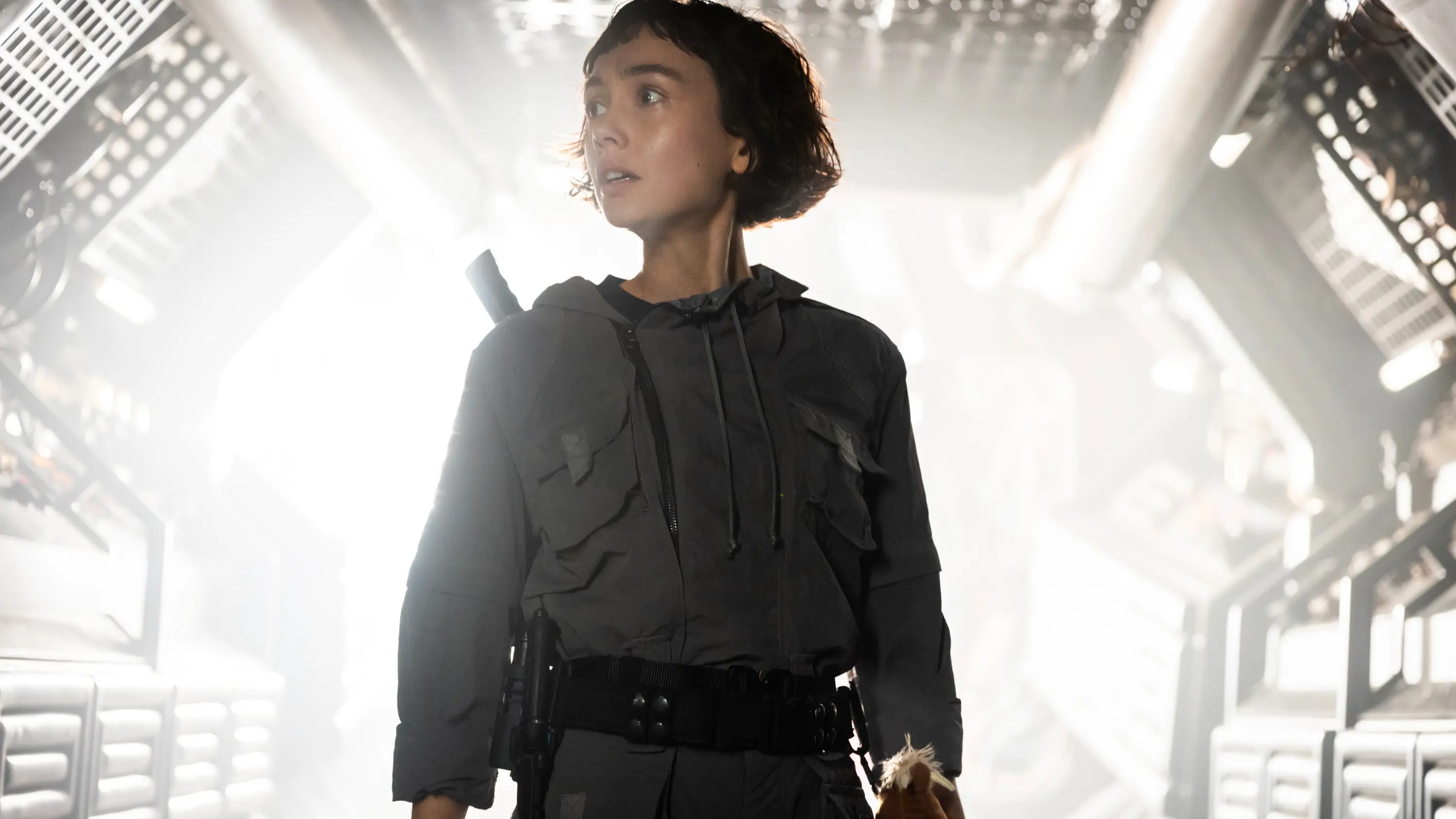Could Alien: Earth finally explain humanity’s role in the Xenomorph legacy? Details explored
-

Alien: Earth is shaping up to be one of the boldest expansions of the legendary Alien universe, and it has already sparked debates among fans about whether the series will finally explain humanity’s role in the terrifying Xenomorph legacy. With its placement just two years before Ridley Scott’s 1979 classic, the show provides a unique opportunity to bridge unanswered questions that have haunted audiences for decades.
Created by Noah Hawley, known for reinventing existing worlds with Fargo and Legion, Alien: Earth is both familiar and disruptive - tethered to the DNA of the franchise while daring to take it in unsettling new directions.
Humanity’s role in the Xenomorph legacy explained
At the heart of Alien: Earth is a question that has lingered throughout the franchise: what exactly is humanity’s place in the evolution of the so-called “perfect organism”? Hawley’s series hints at peeling back that layer, though in his signature style, it’s less about providing concrete answers and more about reframing how we think about the connection.
The title alone positions Earth - humanity’s home - as central to the narrative. With the introduction of Prodigy, a rival to Weyland-Yutani led by the dangerously ambitious trillionaire Kid Cavalier (Samuel Blenkin), the series sets up an exploration of how human greed, hubris, and technological overreach may have directly influenced the spread and weaponization of Xenomorphs. This framing recasts the species not simply as alien predators lurking in the void of space, but as part of a legacy shaped by human interference.
While Ridley Scott’s Prometheus (2012) and Alien: Covenant (2017) offered one take on the creatures’ engineered origins, Hawley has made clear that Alien: Earth sidesteps those specifics. Instead, he returns to the stripped-down terror of the 1979 original, where the Xenomorph was less a product of mythos and more an unknowable predator.
Yet by embedding corporations and individuals like Cavalier into the narrative, the series underscores the chilling theme that humanity doesn’t just encounter the Xenomorphs - it actively fuels their existence.
This direction could make Alien: Earth the most human-centered Alien story to date, not in the sense of celebrating resilience, but in exposing complicity. The legacy of the Xenomorph, it seems, cannot be separated from the ambition, exploitation, and arrogance of the species that keeps trying to control it.
What is Alien: Earth all about?
The sci-fi horror series Alien: Earth was created by Noah Hawley, who also co-wrote the script alongside Bob DeLaurentis, Bobak Esfarjani, Lisa Long, Maria Melnik, and Migizi Pensoneau. Additionally, Ridley Scott also serves as an executive producer on the project. The sci-fi horror series serves as the first television entry in the Alien franchise, with the story being set in 2120, two years before the events of the original 1979 film.
The cast for the series includes Sydney Chandler as Wendy, Alex Lawther as Pvt. Joseph D. Hermit, Essie Davis as Dame Sylvia, Samuel Blenkin as Boy Kavalier, Babou Ceesay as Morrow, Adarsh Gourav as Slightly, and Timothy Olyphant as Kirsh. After a lengthy pre-production process, casting took place throughout 2023, but production was disrupted first by the COVID-19 pandemic and later by the 2023 SAG-AFTRA strike. Filming finally wrapped in mid-2024, paving the way for its highly anticipated debut.
The series premiered on FX and FX on Hulu in the United States and Disney+ internationally on August 12, 2025. The first season will consist of eight episodes, released weekly on Tuesdays. The upcoming third episode, titled Metamorphosis, is set to release on August 19, 2025.
With its unnerving blend of corporate intrigue, human ambition, and the lurking terror of the Xenomorph, Alien: Earth continues the franchise’s tradition of exploring how humanity’s flaws are often its greatest enemy.
Stay tuned with us for further updates.
TOPICS: Alien: Earth
- Alien: Earth Episode 6 Ending Explained: What does the alien eye’s final stare mean?
- Alien: Earth episode 6 - The Fly Recap: What happens to Arthur?
- What time does Alien: Earth Episode 6 drop? Release timings for all regions
- Bronski and Zaveri thought their fling was just a secret, until Alien: Earth turned it into a weapon